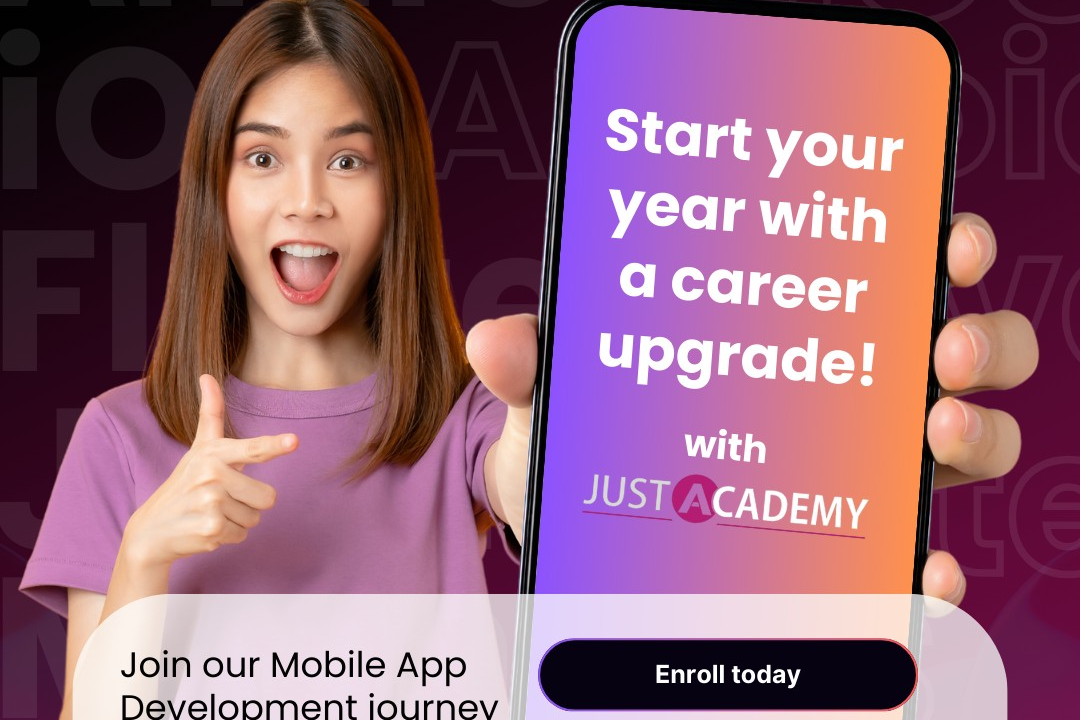Flutter Project Management Methodologies
Effective Project Management Methodologies for Flutter Development
Flutter Project Management Methodologies
Flutter project management methodologies encompass approaches that facilitate the development, testing, and deployment of applications built with the Flutter framework. Agile methodology is commonly used, emphasizing iterative development, collaboration, and flexibility, allowing teams to respond quickly to changes and user feedback. Scrum and Kanban are popular frameworks within Agile, enabling effective sprint planning, task prioritization, and visual tracking of progress. Additionally, tools like Flutter DevTools and CI/CD pipelines help streamline workflows, automate testing, and ensure smooth deployment. Successful Flutter project management requires a balance between efficient coding practices, effective team communication, and a user-centered design approach to deliver high-quality mobile applications.
To Download Our Brochure: https://www.justacademy.co/download-brochure-for-free
Message us for more information: +91 9987184296
1 - Agile Methodology:
Focuses on iterative development, where requirements and solutions evolve through collaborative effort. It promotes flexible responses to change.
2) Scrum Framework:
A specific implementation of Agile, it organizes work into sprints. Scrum roles include Product Owner, Scrum Master, and Development Team to facilitate communication and productivity.
3) Kanban Method:
Emphasizes visualizing the workflow to optimize efficiency. Tasks are represented on a Kanban board, allowing teams to see the status of work in progress.
4) Lean Project Management:
Aims to maximize value by minimizing waste while ensuring quality. This approach is beneficial for Flutter projects by emphasizing streamlined processes.
5) Waterfall Model:
A traditional linear approach where project phases must be completed sequentially. It’s less flexible but can be useful for projects with well defined requirements.
6) Extreme Programming (XP):
An Agile framework focusing on technical practices to improve software quality and responsiveness to changing requirements. It includes practices like pair programming and test driven development.
7) Feature Driven Development (FDD):
Involves developing features in a pre defined order. Each feature is treated as a small, complete project, ensuring continuous delivery and client collaboration.
8) DevOps Practices:
Integrates development and operations to improve collaboration and productivity by automating infrastructure, workflows, and continuously measuring application performance.
9) Hybrid Approach:
Combines elements from different methodologies to tailor the project management process to the specific needs of the Flutter project, enhancing adaptability and responsiveness.
10) Continuous Integration/Continuous Deployment (CI/CD):
Practices that emphasize automated testing and deployment, allowing frequent updates and facilitating quick feedback and iterations on Flutter applications.
11) User Centered Design (UCD):
Focuses on designing the project with an understanding of user needs and behaviors. It involves iterative testing and refinement based on real user input.
12) Risk Management:
Identifying, analyzing, and responding to potential risks during the Flutter project lifecycle. It involves creating contingency plans to mitigate impacts on project goals.
13) Stakeholder Engagement:
Actively involving stakeholders throughout the project lifecycle for feedback and alignment. This ensures the project meets expectations and maintains stakeholder satisfaction.
14) Code Review Practices:
Establishing a culture of regular code reviews to enhance quality and share knowledge among team members. This is critical in maintaining clean and maintainable code in Flutter applications.
15) Documentation Standards:
Creating and maintaining comprehensive documentation for the Flutter project to ensure that knowledge is captured and can be easily referenced by team members.
16) Version Control Systems (VCS):
Utilizing tools like Git to manage changes to the codebase, enabling collaboration and tracking of project progress effectively.
Conclusion:
Each of these methodologies offers unique strengths that can be applied to Flutter project management. By understanding and applying these methodologies, students will be equipped to manage Flutter projects effectively and adaptively in their future careers.
Browse our course links : https://www.justacademy.co/all-courses
To Join our FREE DEMO Session: Click Here
Contact Us for more info:
python language certification
FLUTTER Mobile App Development
Flutter Training in Anand
Flutter Project Management Frameworks
Android App Development Course in Bangladesh











